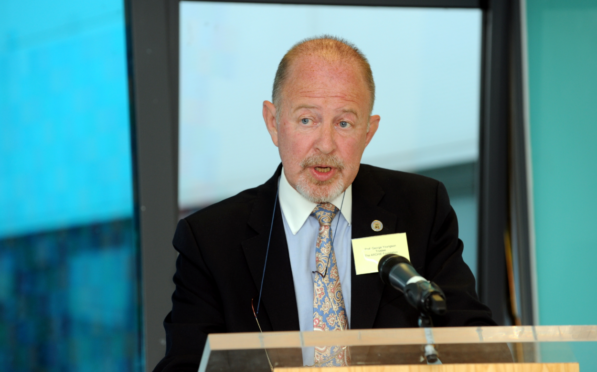Arrogant surgeons who bully patients and staff should attend “ego classes” or be banned from the operating table, a group of leading Scottish doctors have said.
Aberdeen University’s emeritus professors, George Youngson and Rhona Flin, along with Simon Paterson-Brown, former chairman of the patient safety board at the Royal College of Surgeons of Edinburgh (RCSE), have said that the personality and “poor behaviour” of some surgeons is even affecting patient survival rates.
The influential medics believe surgeons should attend courses to hone non-technical skills, such as decision-making, communication, leadership and “situation awareness”.
In a letter submitted to the British Medical Journal (BMJ), they maintained that if surgeons could not be educated to improve behaviour, they should be “removed from the clinical frontline”.
The letter was sent in response to a paper that appeared in the journal about the harmful effects of egos in the operating theatre.
Paterson-Brown said his research in this area revealed that surgeons who attracted higher numbers of complaints from patients and staff tended to have more complications on the operating table.
He said: “There are surgeons who have poor leadership skills and who bully and harass other staff. It happens in Scotland, as it does in every other country.
“But we are addressing it in Scotland by providing courses to help teach surgeons how to behave better because we know that it improves mortality rates.
“Surely now is the time to address these issues once and for all?”
He added that the most arrogant surgeons were unlikely to attend anti-ego classes, meaning NHS bosses should intervene.
George Youngson is the emeritus professor of paediatric surgery at Aberdeen University and Rhona Flin is emeritus professor of psychology at the university.
In their letter to the BMJ, the doctors state: “While action must be taken to educate and, if possible, rescue the ‘poor’ performers, sometimes they actually may need to be removed from the clinical frontline; often a difficult and painful process for all concerned.”










